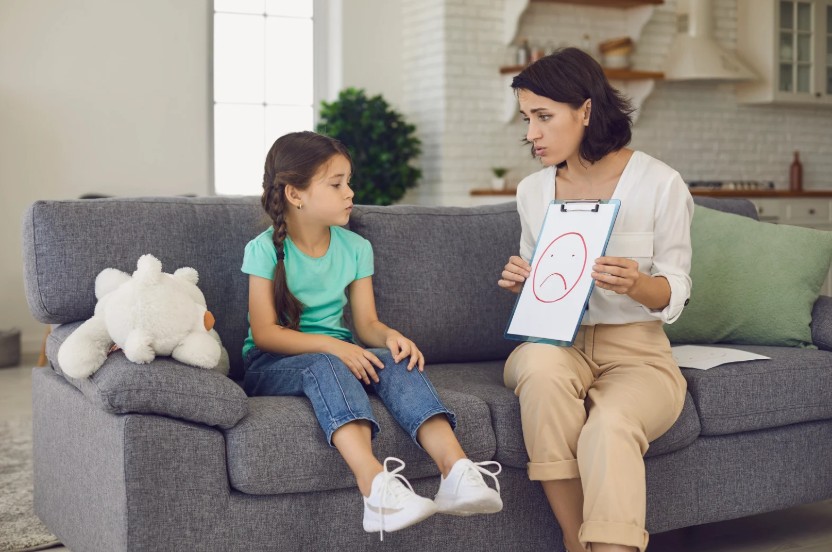
Providing Positive Behaviour Support (PBS) training to support workers before their first shift in a Supported Independent Living (SIL) house is essential for fostering a positive environment for both staff and residents. PBS is a proactive, person-centred approach that emphasises understanding the underlying causes of behaviours rather than merely addressing the behaviours themselves. This training equips support workers with the skills to promote positive interactions, enhancing the quality of life for individuals with disabilities.
Key Benefits of PBS Training
Improved Understanding of Individual Needs: PBS encourages support workers to conduct functional assessments that reveal the reasons behind challenging behaviours. By understanding these triggers, staff can better meet residents’ needs, leading to more effective support strategies.
Enhanced Communication Skills: Training in PBS helps staff develop effective communication techniques tailored to each resident’s unique way of expressing needs. This can significantly reduce frustration and improve relationships.
Reduction of Challenging Behaviours: PBS minimises disruptive behaviours by focusing on positive reinforcement and teaching adaptive skills. This creates a calmer environment while promoting residents’ independence and dignity.
Team Collaboration: PBS training fosters a collaborative approach among staff, families, and other stakeholders, ensuring everyone involved in a resident’s care is aligned with their strategies and goals.
In general, implementing PBS and other mandatory training for support workers before their first shift is crucial for creating a supportive, understanding, and effective care environment in SIL houses.
